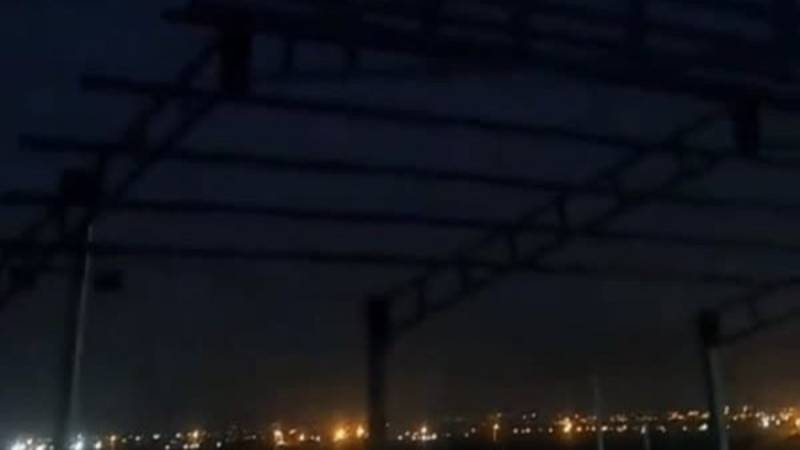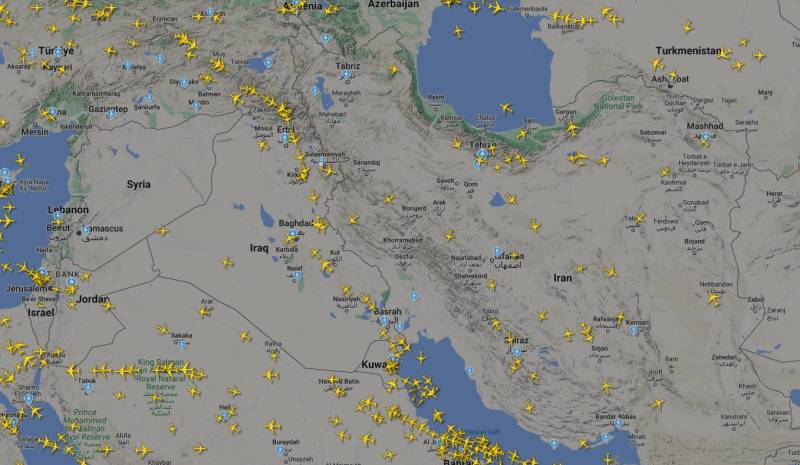
Explosions were reported near a military base and civilian airport in Isfahan in central Iran overnight in what US officials claimed were strikes launched by Israel to respond to Tehran's unprecedented kamikaze drone attacks late last week.
Iran's state-controlled FARS news agency said that "three explosions" were heard near the Shekari army airbase in the central Isfahan province. Ground-based anti-aircraft guns fired at the small, unidentified flying objects.
The report said that the army's radar in the city was a possible target since the windows of several administrative buildings in the area were broken due to the explosion.
It is said that the air defence was actively responding to the flight of a small suspicious object over the city.
It was reported that explosions were also heard in the northwestern region of Tabriz, but later, it was said that those turned out to be anti-aircraft fires when a suspicious airborne object was sighted.
An unnamed US official told CNN the target of the Israeli strike inside Iran was not nuclear. This was followed by reports on Iran's Tasnim news agency, which asserted that the 'nuclear facilities' in Isfahan were safe.
Later, Iranian news agencies showed normal traffic on the roads and regular activity at bases to denote that the attack had been nullified and that life had quickly returned to normal.
As Iran detected the drones, it shut down its airspace for commercial flights. Flights to and from Tehran, Isfahan, and Shiraz were suspended.

Israel did not offer any immediate comment on the explosions in Iran. The US remained uncharacteristically tight-lipped.
US media claimed that Washington had advance notice of the attack, though it neither supported nor facilitated the attack. Reports in the Middle East suggested that Tehran was asked to allow Tel Aviv a token strike to 'save face', which was strongly rebuffed.
Last week, Iran had launched some 300 drones and ballistic missiles, striking at targets inside Israel in the first such direct assault. Most of the drones and missiles were intercepted and caused no damage as Iran claimed that the attack was to register a psychological victory rather than a physical one and denied targetting Israel's nuclear nerve centre, the Dimona power plant. The Iranian attack, which reportedly blew away all previous Israeli and US estimations of Iranian capabilities and strategy, was launched in retaliation to an alleged Israeli strike at the Iranian embassy in Damascus, killing a high-ranking member of the Iranian Revolutionary Guard (IRGC) among seven others.

